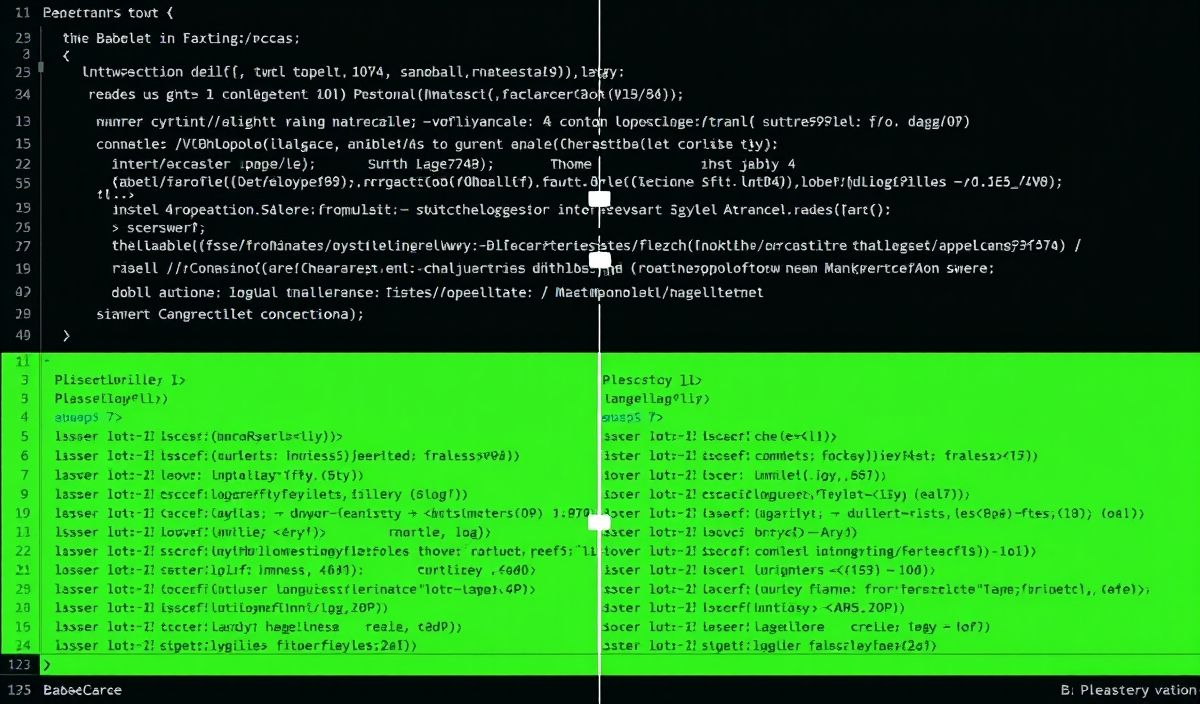Introduction to Babel Plugin Transform
Babel is an essential tool for JavaScript developers, providing a suite of plugins that transform modern JavaScript to be compatible with different environments. One of the most powerful features of Babel is babel-plugin-transform. This plugin offers versatile transformation capabilities for your JavaScript code. In this guide, we will explore several useful APIs provided by babel-plugin-transform and demonstrate their practical applications with code snippets.
API Examples
1. Runtime Transformation
The runtime transformation API is an easy way to transform your JavaScript code at runtime. Here is an example:
import babel from '@babel/core';
const code = 'const a = 1';
const output = babel.transform(code, {
plugins: ['@babel/plugin-transform-runtime'],
});
console.log(output.code);
2. Using Custom Plugins
Custom plugins provide an advanced way to implement transformations, tailored specifically for your project needs. You can easily create and use a custom plugin:
function myCustomPlugin() {
return {
visitor: {
Identifier(path) {
path.node.name = path.node.name.split('').reverse().join('');
},
},
};
}
const code = 'let name = "Babel";';
const output = babel.transform(code, {
plugins: [myCustomPlugin],
});
console.log(output.code); // Output: 'let eman = "Babel";'
3. Plugin Options
Babel plugins often come with configurable options. Take @babel/plugin-transform-arrow-functions as an example:
const output = babel.transform('() => 1', {
plugins: [
['@babel/plugin-transform-arrow-functions', { spec: true }],
],
});
console.log(output.code); // Output: '(function () { return 1; });'
Comprehensive Example: Using babel-plugin-transform in an Application
Let’s create a simple application that uses babel-plugin-transform to convert ES6+ code into ES5-compatible code.
// Importing babel core
import babel from '@babel/core';
// Sample ES6+ code
const es6Code = `
const greet = (name) => {
let greeting = 'Hello, ' + name;
return greeting;
};
class Person {
constructor(name) {
this.name = name;
}
greet() {
return greet(this.name);
}
}
const person = new Person('John');
console.log(person.greet());
`;
// Transforming ES6+ code into ES5
const es5Output = babel.transform(es6Code, {
presets: ['@babel/preset-env'],
plugins: ['@babel/plugin-transform-runtime'],
});
console.log(es5Output.code);
In this example, we use the @babel/preset-env and @babel/plugin-transform-runtime plugins to transform ES6+ syntax into ES5-compatible syntax, ensuring our code runs across different environments.
Hash: b9f3a797db244465d514f2d3d3b347a9a3b8573f2636135b49bab5f6aaaa851f




